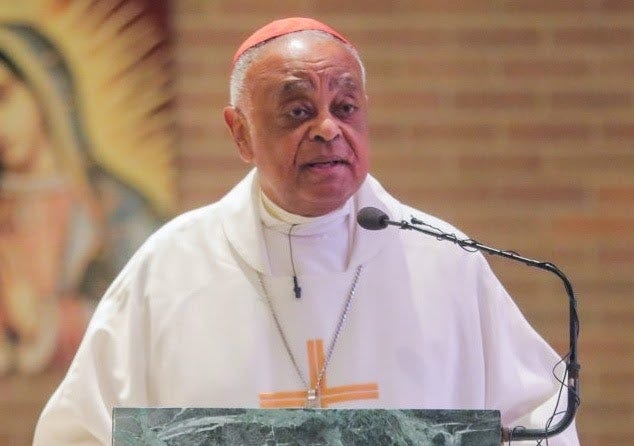U.S. Catholic bishops spent most of 2021 in protracted debate about “Eucharistic coherence” - their euphemism for appropriate reception of Holy Communion, and especially the controversial question of whether “pro-choice” Catholic politicians should be admitted to the Eucharist.
But…

